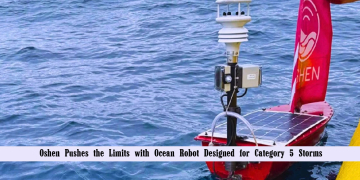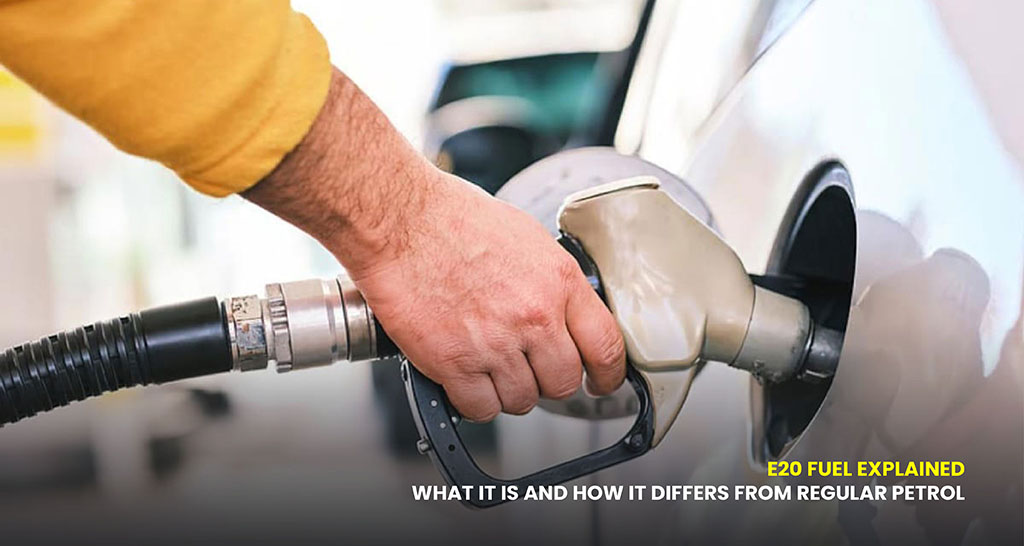India’s shift towards cleaner and greener fuels is picking up pace with the launch of E20 fuel a mix of 20% ethanol and 80% petrol. Though it may appear to be the same petrol we have been consuming until now, E20 introduces radical differences in terms of its composition, performance, impact on the environment, and its economic concerns. Here is a step-by-step explanation of how E20 fuel is different from regular petrol.
-
Composition
Regular gasoline is a fossil fuel that is refined from crude oil with no renewable blending, whereas E20 is made up of 20% ethanol that is a biofuel sourced from sugarcane, maize, and agricultural waste. This renders E20 partially renewable and less reliant on foreign crude.
-
Impact on the Environment
Ethanol is a cleaner-burning fuel, and its use in petrol saves up to 35% of carbon emissions relative to regular petrol. It also reduces toxic pollutants, thus leading to better air quality, particularly urban air quality.
-
Energy Content
One of the main differences lies in energy density. Ethanol has a lower energy content per liter compared to petrol, so E20 might deliver slightly poorer fuel economy than straight petrol. Nevertheless, the decrease in mileage tends to be modest in optimally designed engines.
-
Engine Compatibility
Newer cars are increasingly being produced with compatibility for E20. Nevertheless, older models that are not ethanol blend compatible might suffer from engine knocking, corrosion, or diminished performance when being used extensively with E20.
-
Economic Benefit
E20 will enable India to lower its oil import bill by replacing a portion of petrol demand with locally sourced ethanol. It also provides an added revenue stream to farmers and the biofuel sector. Regular petrol, on the other hand, is solely at the mercy of foreign crude oil prices.
-
Availability
Today, normal petrol is ubiquitous, and E20 fuel is being introduced in a few cities and will eventually spread to all of India by 2025. Both fuels will share space at pumps during the transition.
-
Comparison with the World
Brazil and other countries have used ethanol-blended fuels for years, and cars are driven on fuel blends up to 100% ethanol. The Indian E20 initiative places it on par with world leaders like them.
Conclusion
Though E20 might have a slightly different fuel efficiency than regular petrol, its advantage of minimizing emissions, aiding farmers, and improving energy security overcomes the detriments. For customers, the solution is to utilize cars made for E20. As supplies increase, E20 will become the new norm in India’s green transportation push.
Read More: 10 Things You Should Know About E20 Fuel.






